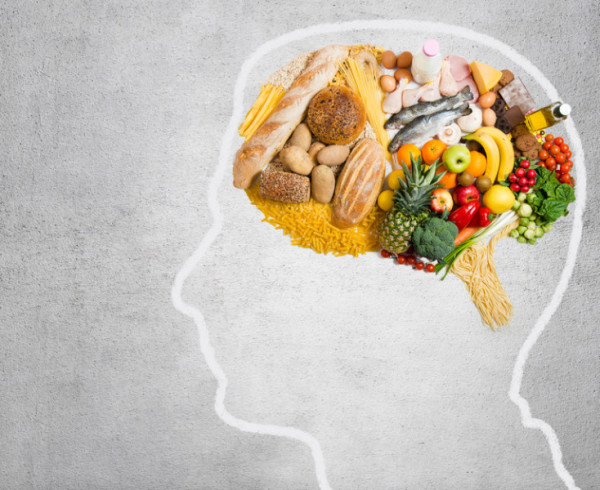Obesity is one of the most prevalent disorders in the US, affecting over a third of adults. A disease resulting largely from over-eating or an unhealthy diet, obesity occurs when excess fatty deposits build up around one’s body. As a risk factor for many other chronic diseases, it is a serious condition and a leading research topic of today. However, what if obesity actually resulted from a problem in the brain?
Image Source: Image Source
Previous animal studies have shown that a Western diet (high in fat and sugar but low in fruits, vegetables, and fiber) negatively affects the hippocampus. Specifically, the memory inhibition function of the hippocampus, or its ability to repress memories, is impaired. This could be why some people may not know when to stop eating, as sensory cues involved with seeing or smelling food trigger pleasurable memories of eating. These memories would normally be repressed if the person were full, but the deterioration of the hippocampus prevents this reaction.
For the first time, Macquarie researchers, reporting at the annual meeting of the Society for the Study of Ingestive Behavior (SSIB), have discovered this issue in humans. Their study, supported by the Australian Research Council, analyzed normal young people consuming a Western diet. Participants took learning or memory tests designed to measure the performance of their hippocampi. Next, they rated their desire for a certain snack twice – before and after eating a satisfying lunch.
Those on the Western diet scored more poorly on the learning and memory tests. They also seemed to retain a desire to eat the snack after the meal to a much greater extent than those on a healthier diet. This trait appears to be a key component of unhealthy eating, and the demonstrated behavior is a precursor to over-eating and, eventually, obesity.
Image Source: Jamie Grill
Tuki Attuquayefio, the lead researcher, gave some insight. “Even though they were full, they still wanted to eat the sweet and fatty junk food,” he explained. “Even more interesting was that this effect was strongly related to performance on the learning and memory task, suggesting that there is a link between the two via the hippocampus.”
Through this study, the researchers hoped to show the dangers of consuming a Western diet. Even those who are healthy now may be predisposed to obesity because of their current diet. They encourage young people to consider their diet plans now rather than regret them in the future.
Feature Image Source: Brain for everybody by Ars Electronica is licensed under CC BY-NC-ND 2.0










